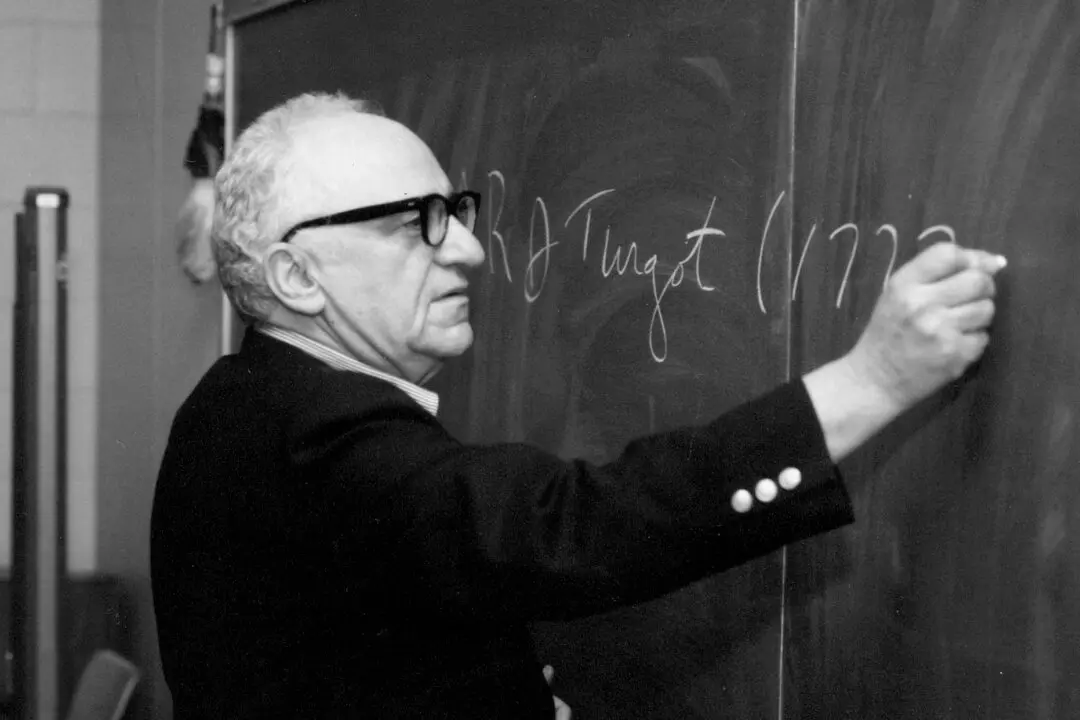Commentary
The story of Rudolph the Red-Nosed Reindeer was written in 1939 by Robert L. May. It first appeared in a coloring book printed by the department store Montgomery Ward. It only later became a song and eventually part of the Christmas story all over the English-speaking world. But how often do we consider its darker and truer themes?





